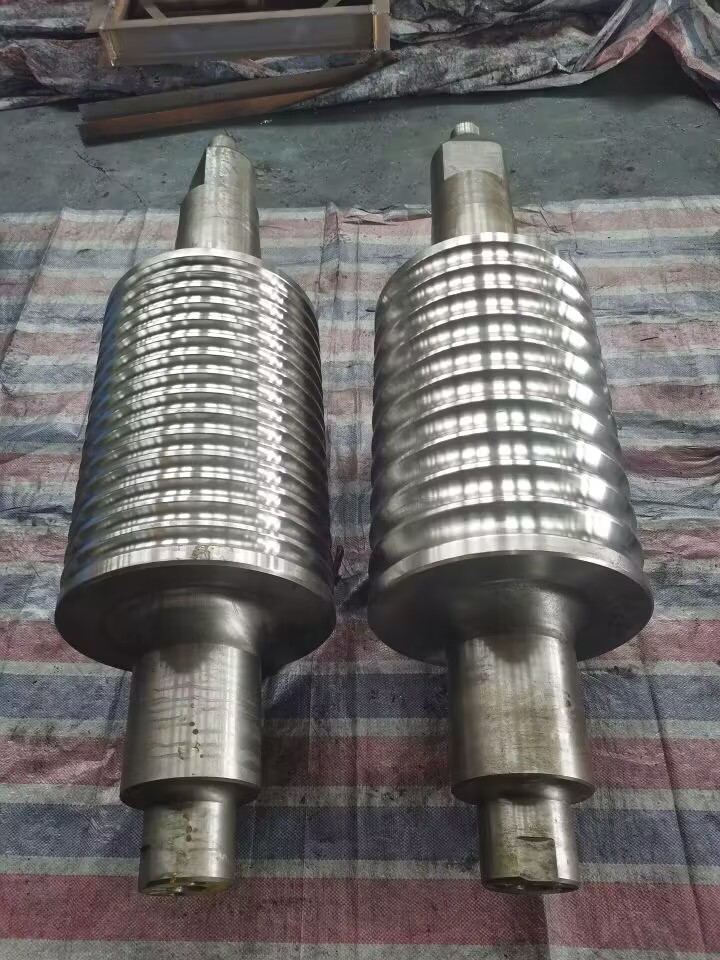 and play a vital role in shaping and shaping metal into various products. Among the different types of rolls used in the process, forged rolls, work rolls, back-up rolls and back-up rolls are the key rolls that affect the efficiency and quality of the hot rolling mill.
and play a vital role in shaping and shaping metal into various products. Among the different types of rolls used in the process, forged rolls, work rolls, back-up rolls and back-up rolls are the key rolls that affect the efficiency and quality of the hot rolling mill.
Forged rollers are manufactured through a process of shaping and compressing metal under high pressure, resulting in a dense and durable roller. These rolls are known for their strength and ability to withstand the extreme conditions of hot rolling mills, making them ideal for the demanding tasks involved in the process.
Work rolls are another important type of roll used in hot rolling mills and are responsible for exerting pressure on the metal to deform and shape it according to the required specifications. These rollers are subject to high loads and temperatures, requiring them to have excellent wear resistance and thermal stability to ensure consistent performance.
Backup rolls provide support and balance to the work rolls, helping to maintain the stability and accuracy of the rolling process. These rolls are designed to withstand the enormous forces exerted during the hot rolling of metals, making them an indispensable component in ensuring the quality and precision of the final product.
As the name suggests, backup rolls provide additional support to the work rolls and backup rolls, helping to improve the overall efficiency and effectiveness of the hot rolling mill. These rolls are designed to handle lateral forces and ensure proper alignment of other rolls, thereby improving the overall performance of the rolling process.
In summary, various types of rolls, including forged rolls, work rolls, back-up rolls, and back-up rolls, are critical to the successful operation of a hot rolling mill. Their unique properties and capabilities help improve the overall quality, efficiency and accuracy of the metal forming process, making them an indispensable component in the manufacturing industry.
Post time: Aug-30-2024